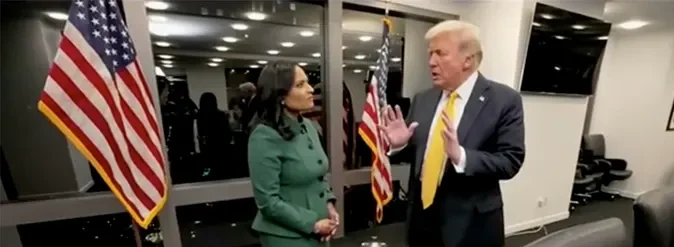They say history often repeats itself, and it is.
You may remember what took place early on in the pandemic: there weren’t enough PPE supplies to go around because much of it came from China. It took some good old American ingenuity to ramp up PPE production in the side of the US to handle the surge of demand.
Well, the Biden administration is fumbling the ball again.
In March 2022, during the declining phase of the COVID-19 Omicron wave, United Safety Technology celebrated a promising start at Sparrows Point, Baltimore, where they planned to establish a state-of-the-art nitrile glove factory. This event, held in a vast warehouse formerly operated by Bethlehem Steel, was marked by bold promises of rejuvenating local manufacturing. The company projected an investment of $350 million from both public and private sources, the creation of 2,000 jobs, and a rapid start-up within a year. The groundbreaking ceremony was attended by local politicians and federal officials, buoyed by a significant federal contribution of $96.1 million to this initiative.
Two years have passed since those initial proclamations, yet the factory remains incomplete, and not a single glove has been produced. The federal government is now distancing itself from the project, and Dan Izhaky, CEO of the New York-based United Safety Technology, has expressed a need for additional funding. Izhaky, who founded the company in 2020, shared that his vision for the factory has been impeded by the challenge of manufacturing personal protective equipment (PPE) domestically at costs competitive with established foreign manufacturers.
United Safety Technology was part of a broader movement spurred by the pandemic, as the U.S. faced a severe shortage of PPE while relying heavily on overseas production. To prevent a recurrence of such dependency, Congress tasked a specific agency within the U.S. Department of Health and Human Services to stimulate domestic production of PPE and pharmaceutical ingredients, allocating $16 billion to support 87 different manufacturing initiatives.
The planned factory at Tradepoint Atlantic, a substantial logistics hub in Baltimore County, was supposed to transform into a facility producing billions of nitrile gloves annually. This effort was complemented by the government’s broader strategy, which included funding six companies a total of $574 million to boost nitrile glove production and an additional $123 million for a proposed nitrile rubber factory in Virginia. Despite these efforts, only two companies, including Showa US, an established glove manufacturer, have successfully produced gloves.
According to Tinglong Dai, a professor of operations management and business analytics at Johns Hopkins Carey Business School, the challenge lies in the competitive global market. Manufacturers in countries like China benefit from significant government subsidies, making them dominant players in the PPE market. Dai suggests that for the U.S. to secure a competitive edge, it must not only produce but also export PPE at a scale that matches international prices.
However, with the pandemic becoming a lesser concern, the enthusiasm for investing in American-made PPE has waned. The initial excitement surrounding the United Safety Technology’s factory launch, which was described by then-Gov. Larry Hogan as a “game-changer” and Baltimore County Executive Johnny Olszewski as a significant economic boost has significantly diminished. Despite the anticipation and support, including $61 million in tax incentives and loans approved by Maryland (none of which has been disbursed), the project has stalled, and the high hopes of revitalizing the local economy through this venture remain unfulfilled.
Just like that, complacency sets in. Think of the jobs that the factory would have created for the community.
Biden flushed $100 million down the toilet.




